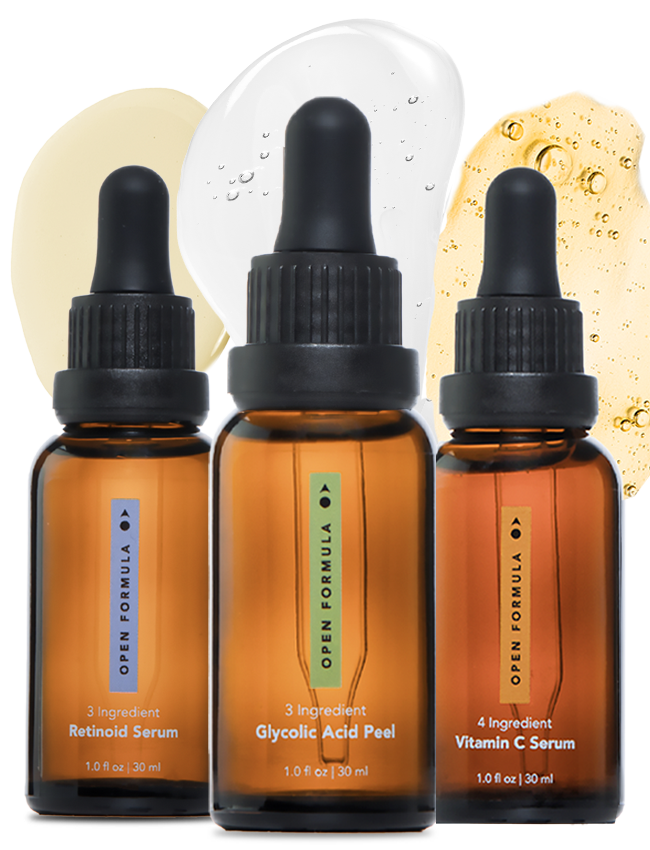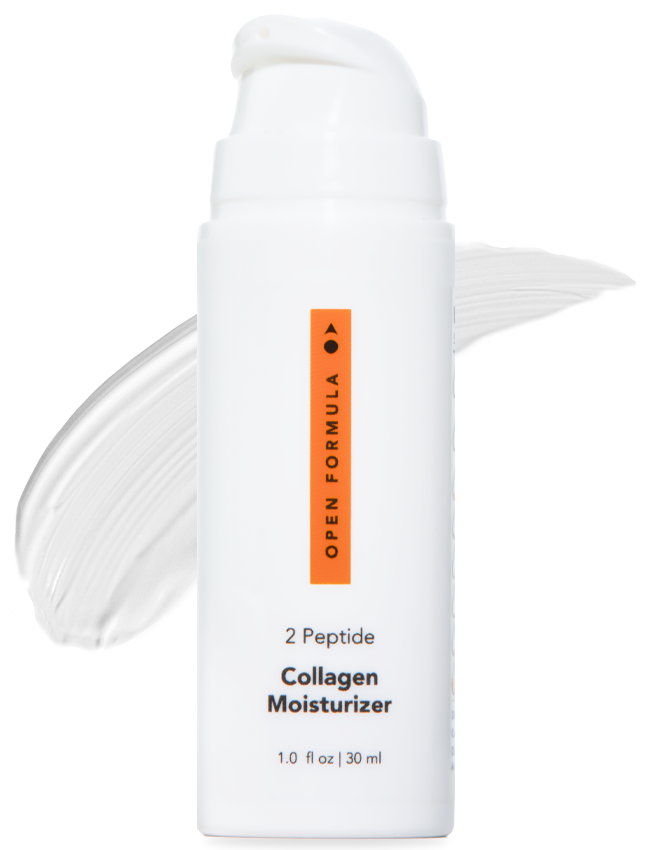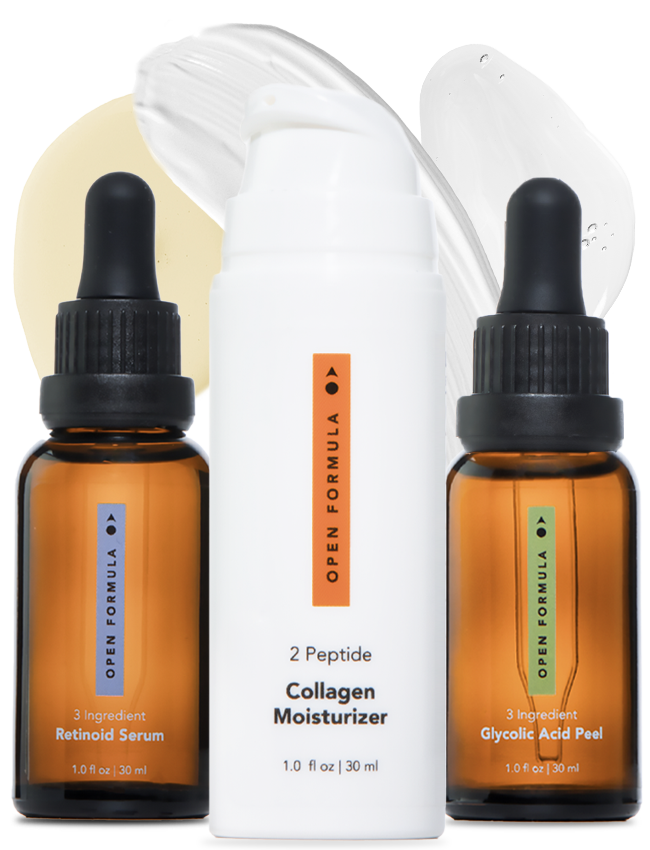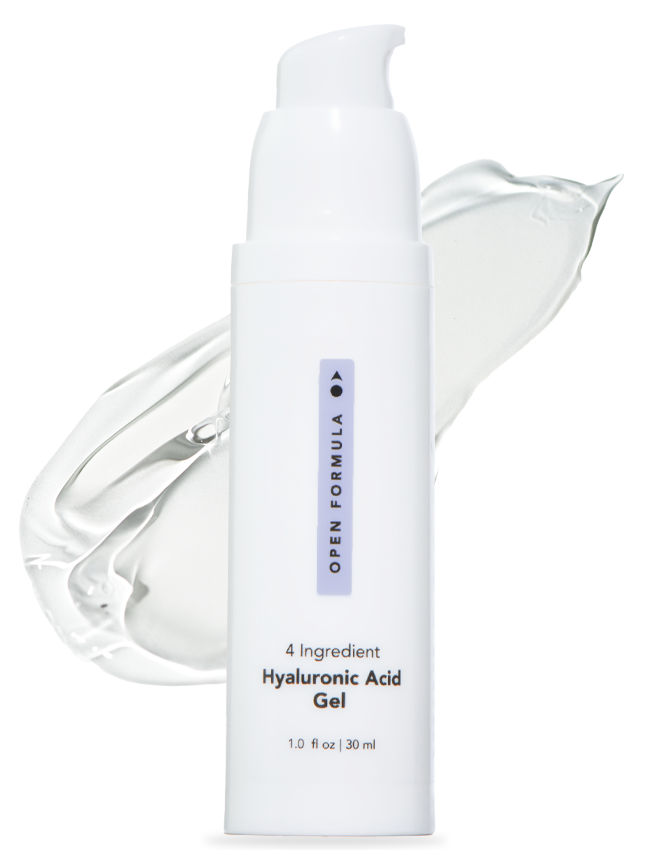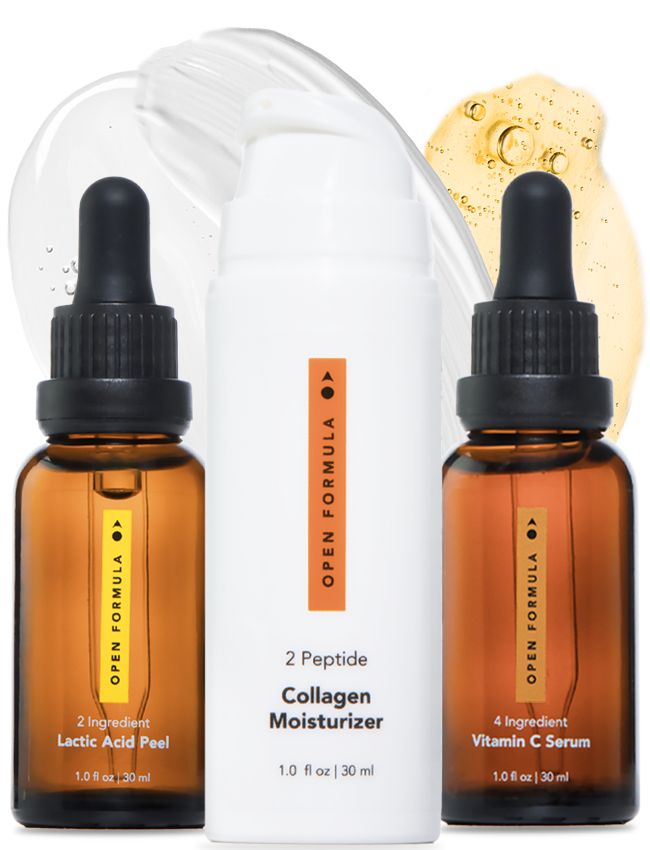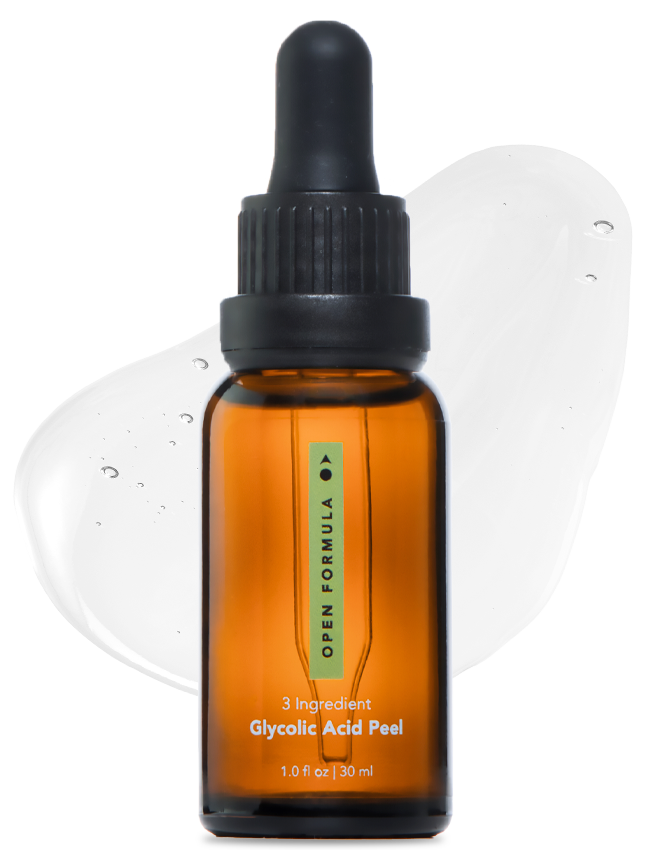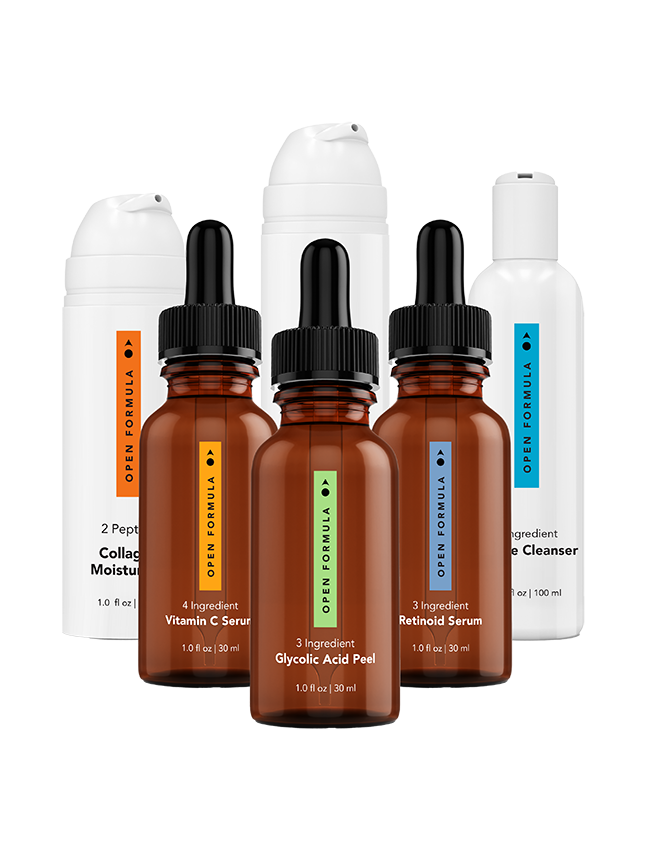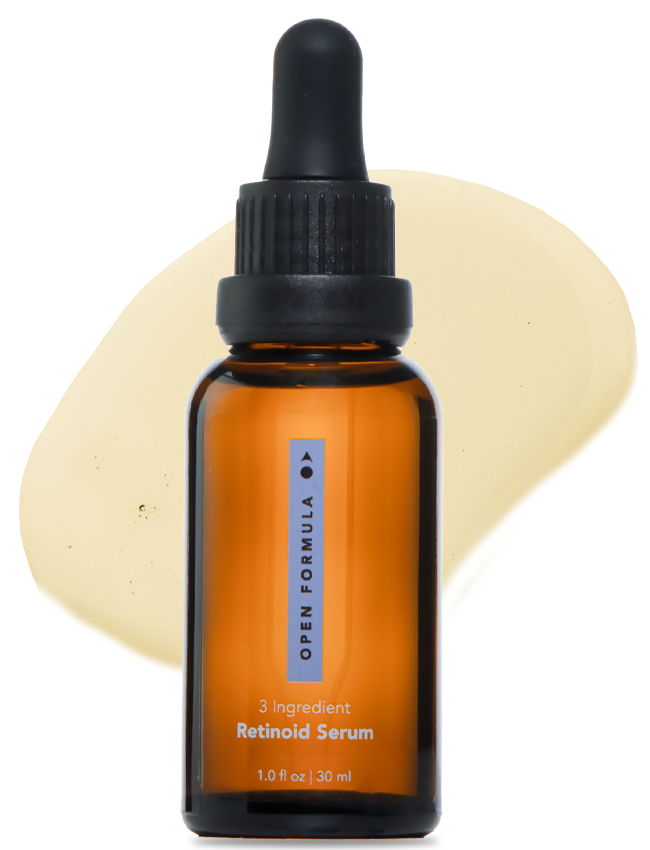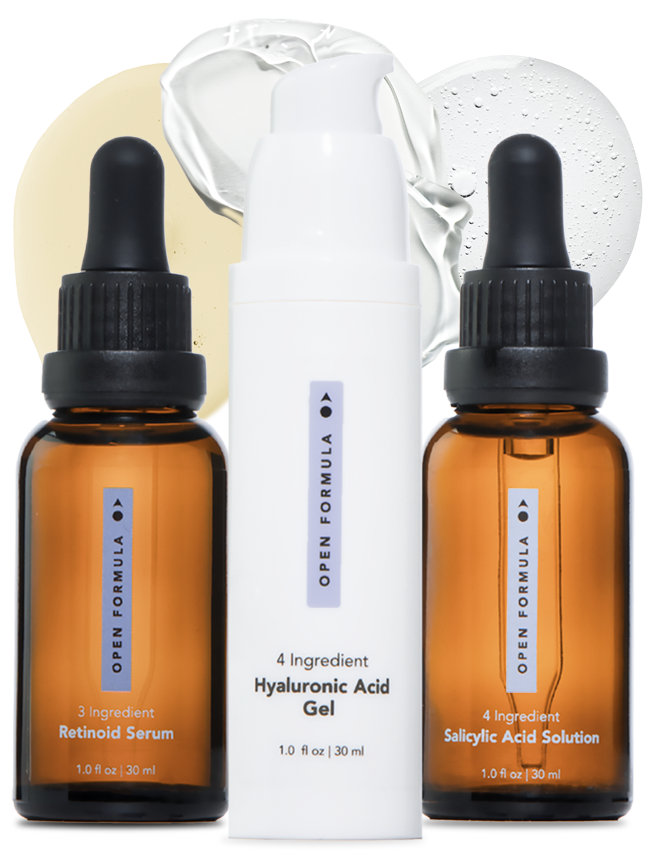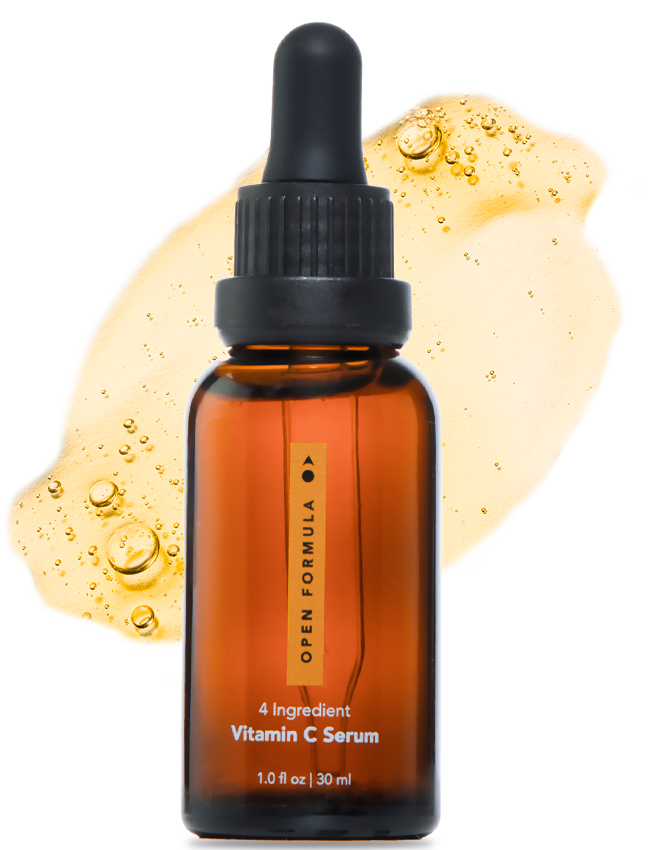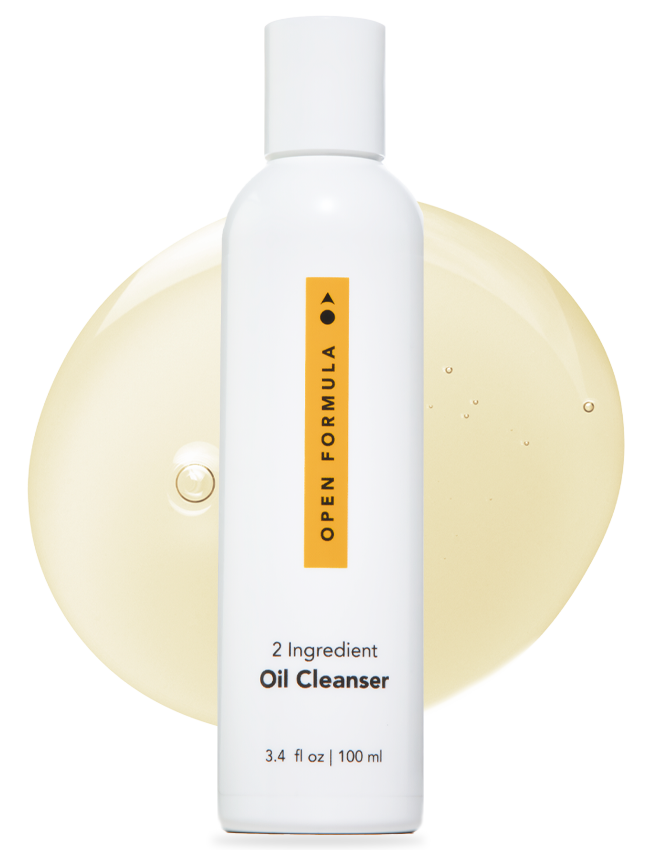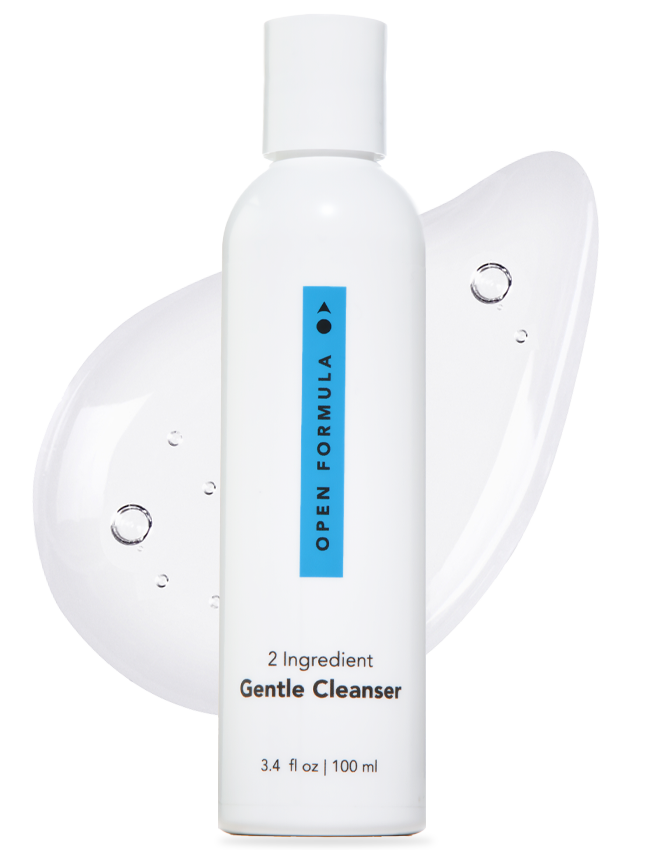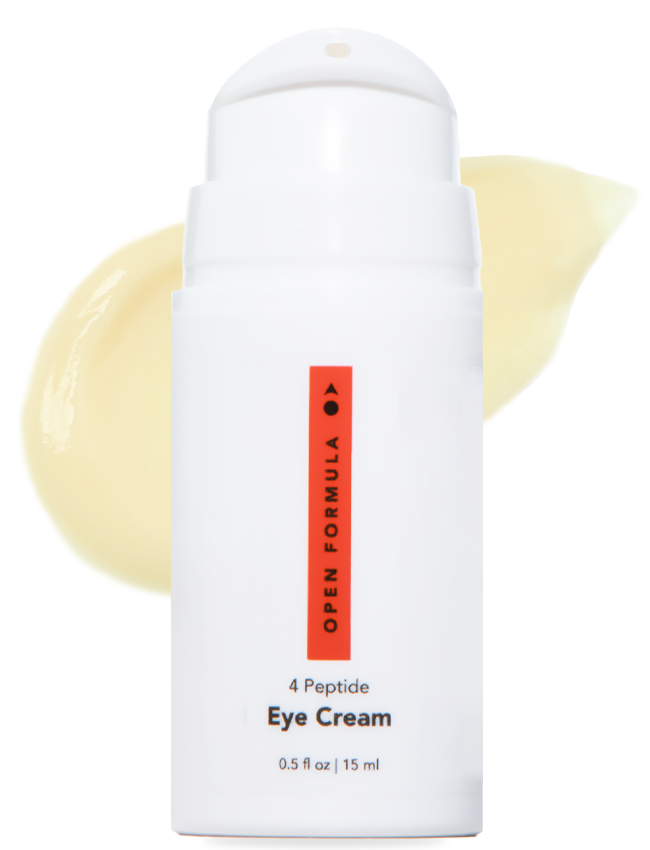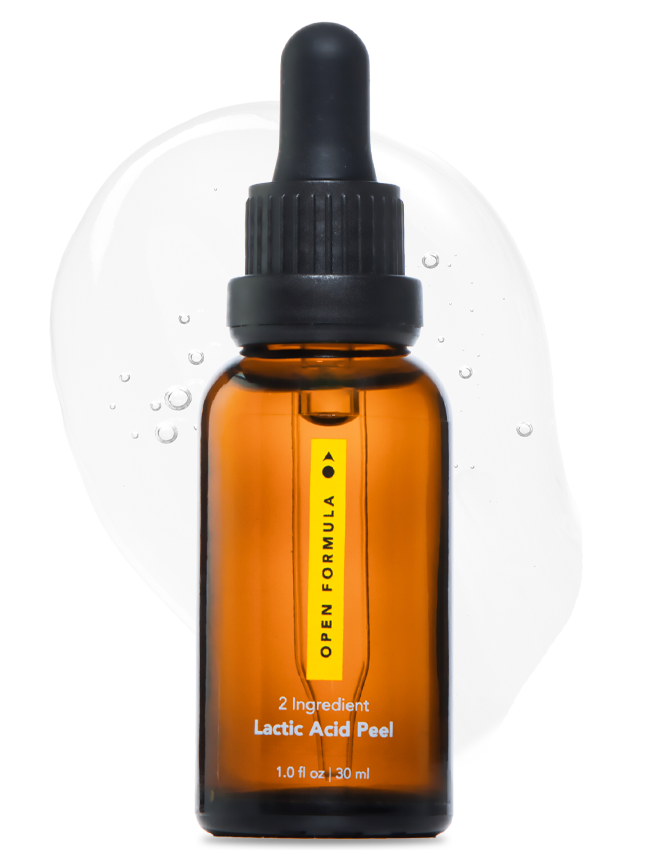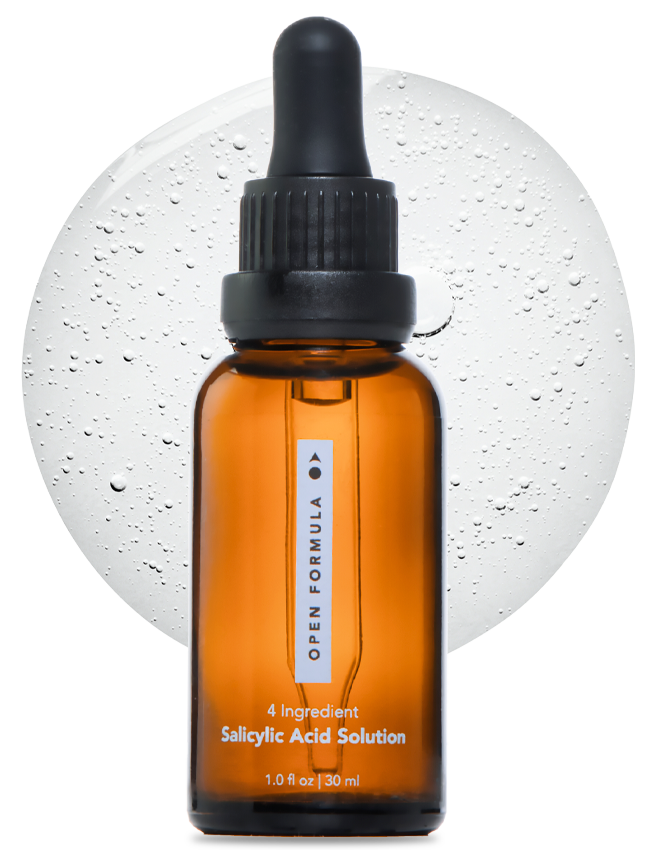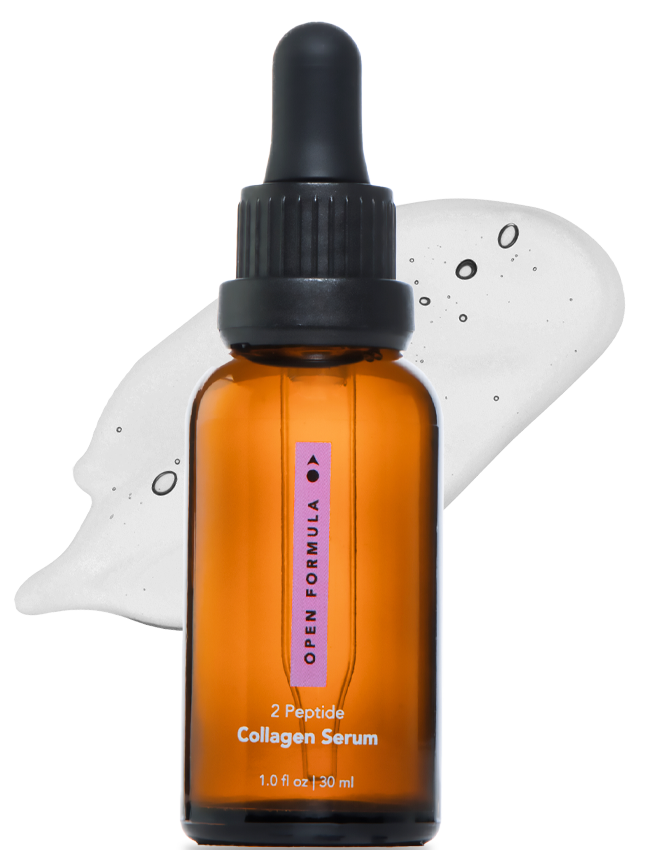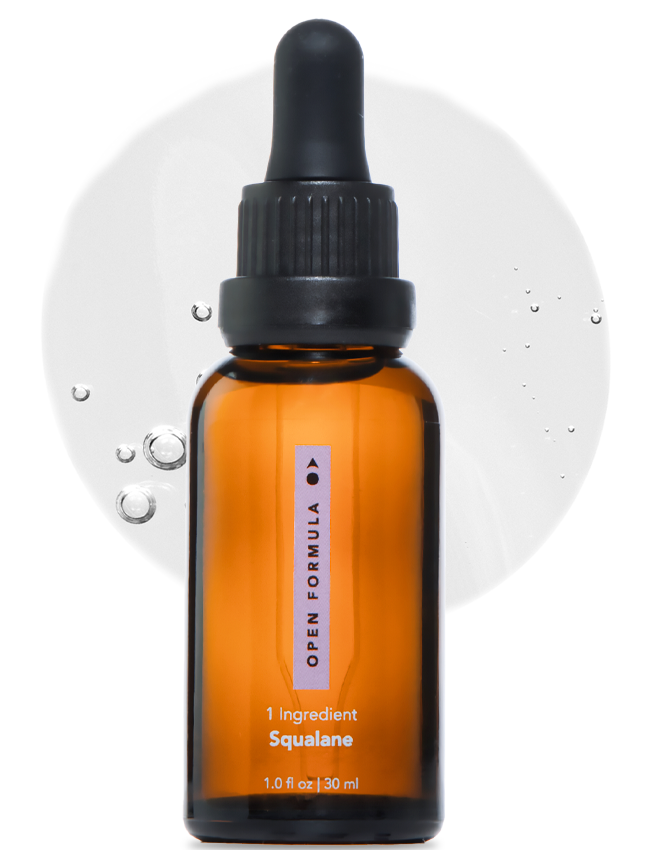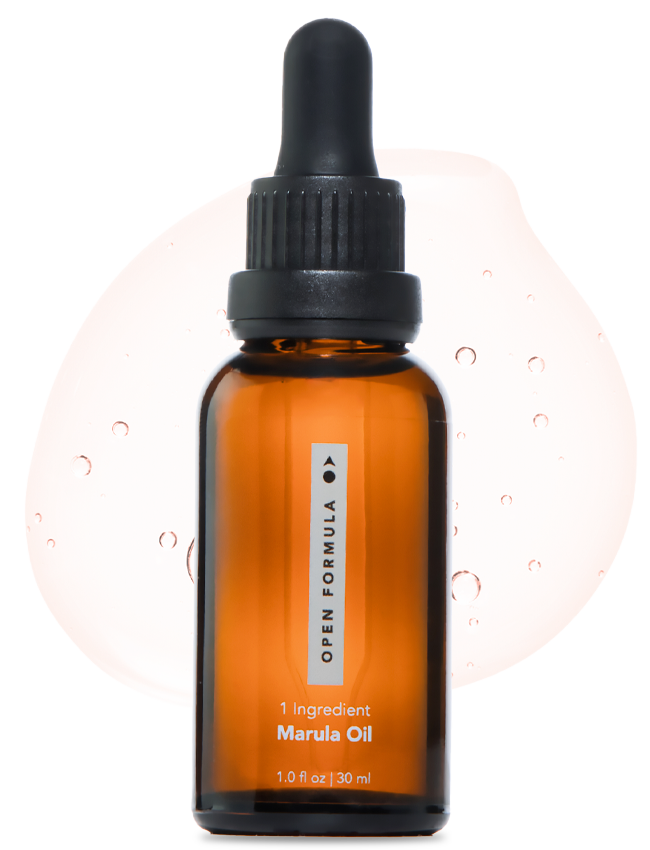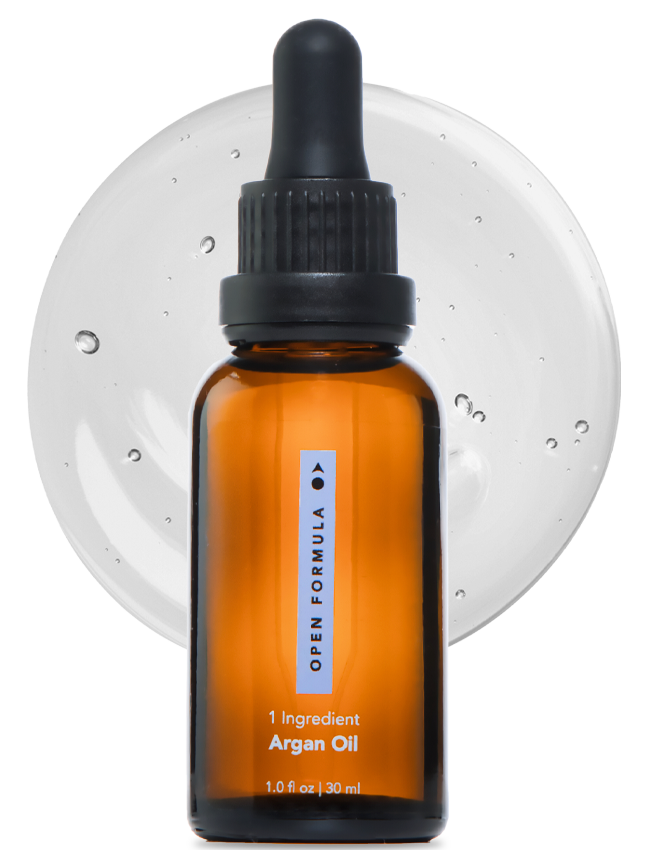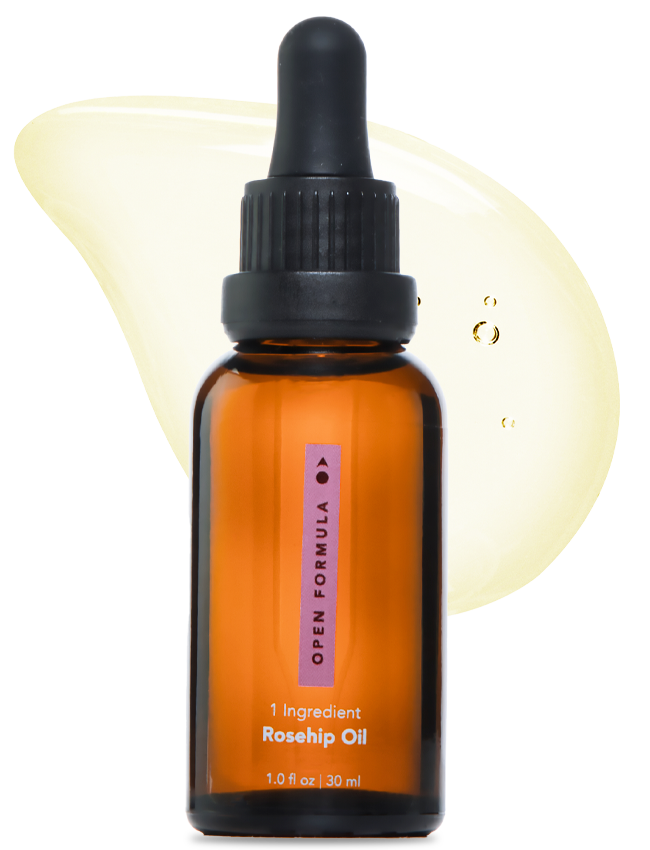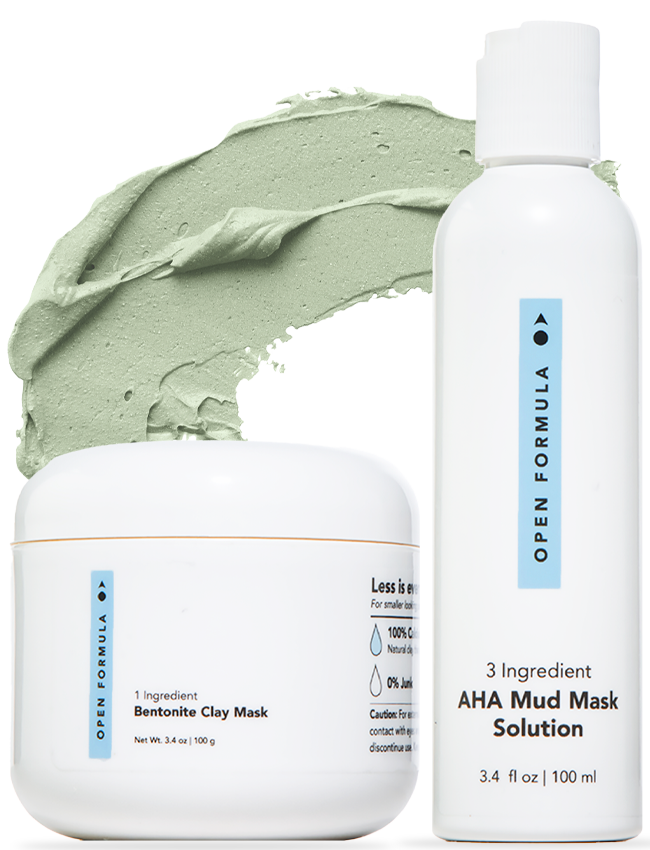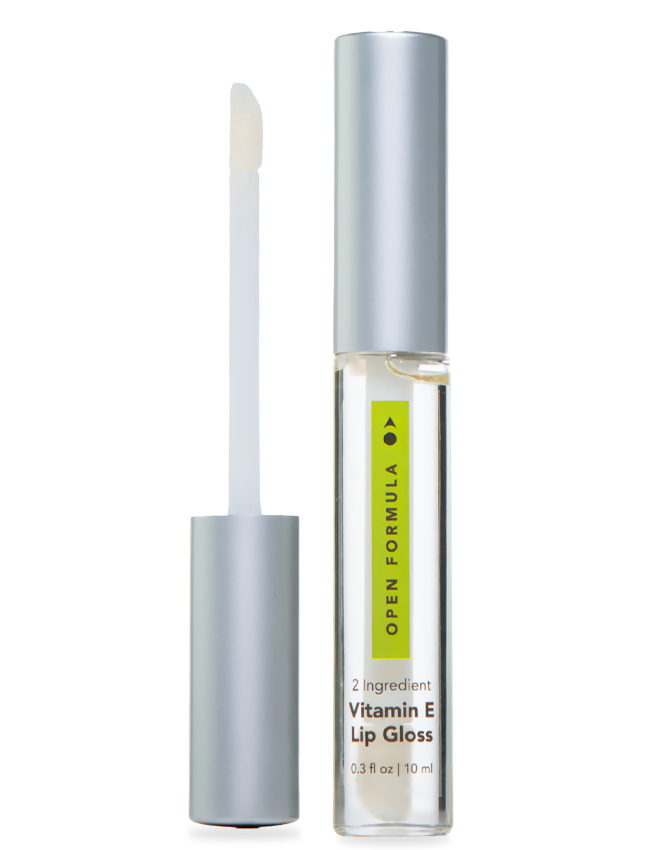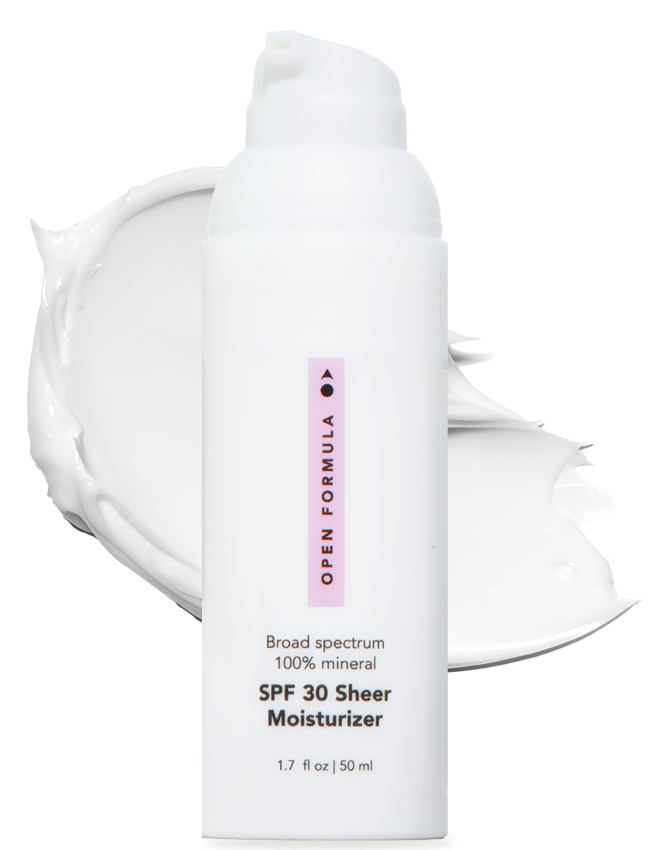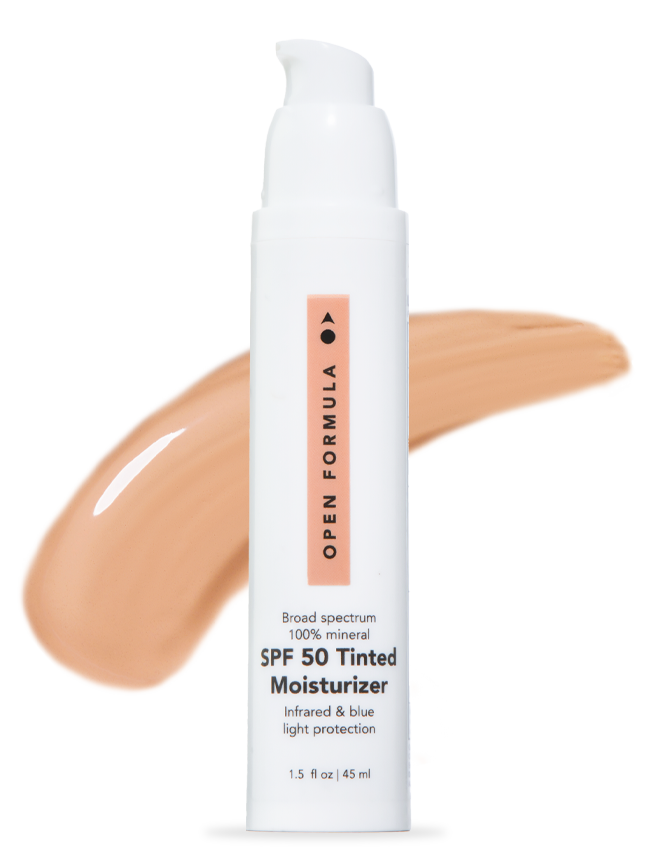Ever wonder if women’s skin is really that different than men’s skin? The answer is yes, it is! Besides the obvious fact of facial hair on men, what else makes them so different? This article we’ll answer the question "Is men's skin thicker than women's?" and few other key differences that relate to skin.
You probably always thought skin is skin, right?
Not so fast. See how you do on this quick quiz.
Question 1 : Who ages slower – men or women? Answer: MEN!
Question 2: Who has thicker skin – men or women? Answer: MEN!
Question 3: Who has more collagen – men or women? Answer: MEN!
The Difference Is Hormones
There are some big differences between male and female skin. The main difference is hormones. Men have more of the hormone testosterone in their bodies, which makes their skin thicker and oilier than a woman’s skin.
Women have more of the estrogen hormone, which helps maintain collagen, skin thickness, and elasticity.
There are other factors like hair growth, sweat rate, and PH levels that make men and women’s skin different. Let’s look at all of these differences.
Is Men's Skin Thicker Than Women's?
Skin Thickness
A man’s skin is 25% thicker than a woman's skin. So, when they say guys have thicker skin it’s actually true. But men’s skin will get thinner as they get older. Even though women have thinner skin than men, women actually keep the same skin thickness until they are in their 40’s. But after menopause a woman’s skin will start to get thin at a very fast pace. Genetics favor men when it comes to skin thickness.
Oil Production
Because men have larger pores, a man’s skin produces, by some estimate, as much as 4x more oil than a woman’s skin. And because of that, men experience more blackheads, clogged pores, and breakouts. Oil production in men’s skin does not slow down as they get older either. So, problems with breakouts can last longer and be a life-long struggle. Is that good or bad? It’s good, in that skin oil (sebum) is a natural moisturizer. But too much oil can potentially lead to acne.
For Men: Shaving
On average, men who shave subject their skin to 16,000 shaves in a lifetime. On one hand, men benefit from the exfoliation created by shaving. On the other, with shaving, their skin becomes more sensitive and reacts faster. Daily shaving can cause irritation. It eliminates the top layer of skin cells, exposing younger skin that is more sensitive.
That’s why according to some estimates, up to 40% of men have shaving-related skin problems.
How About Acidity Level (the pH)?
Is it the Same for Both Men and Women?
If you’re not familiar, pH measures the level of acid in a substance. The pH level of the skin is more on the acidic side for both men and women - 0 being the most acidic and 14 being the most alkaline. The skin pH can range from 4-7. A 2006 study published in the International Journal of Cosmetic Science reported that the ideal skin pH level is just below 5. Because the acidity helps the skin fight off bacteria and damaging free radicals that can age the skin faster.
Across all geographies and age groups, the pH value in men is below 5. The pH value of female subjects is higher than 5. That’s because males have more lactic acid in their sweat. So their skin is slightly better protected against bacteria.
Skin Hydration
Until men reach age 50, they don’t lose as much moisture in the skin as women do. Studies have shown that men have a stronger skin barrier, which means their skin does not get as dry as women’s skin. Remember, men also produce more oil which acts as a natural moisturizer.
As a woman’s skin ages, her oil production slows down, making dry skin a bigger issue. Nothing to worry about. Women just need more moisturizer than men.
Collagen
Studies show that both women and men lose about 1% of collagen every year after they turn 30. Men naturally have a higher amount of collagen in their skin because of testosterone. So, men do not “visibly age” as quickly. Testosterone makes men’s skin thicker and helps be more bouncy. Think of a really thick rubber band that you can stretch and stretch, and it never breaks. That’s what collagen is like.
For women on the other hand, the amount of collagen in the skin drops drastically after menopause, especially in the first 5 years. According to the American Academy of Dermatology, women lose about 30% of remaining collagen in their skin in the first five years after menopause. But it does start to slow down after those first 5 years to a 2% loss every year.
There are a number of good skincare ingredients that support collagen - retinoids being the #1 choice. But that’s another topic.
Skin Texture
Male skin texture is tougher and rougher, because they have a thicker outer layer of skin than women. A man’s skin is also oiler and they have more hair follicles. Men’s hair is also thicker than women’s, so men are more prone to ingrown hairs.
Now that we know the main differences between men and women’s skin, the bigger question is,
“Should men and women take care of their skin differently?” Yes, they should!
Men for example need to cleanse away excess oil and calm down irritated skin from shaving. Women on the other hand need to keep their skin hydrated, moisturized, and start using anti-aging products early on to maintain the skin’s plumpness over time.
“And do men and women need different skincare products?” Absolutely not!
Good skincare ingredients do not discriminate. They are effective for both men and women. A skincare routine combining regular cleansing with SPF, exfoliating acids, retinoids, peptides and antioxidants will do wonders for everyone.
But no matter what your gender is, if you take care of your skin, keep it clean, moisturized, and protected with SPF it's a win-win for every man and woman.







